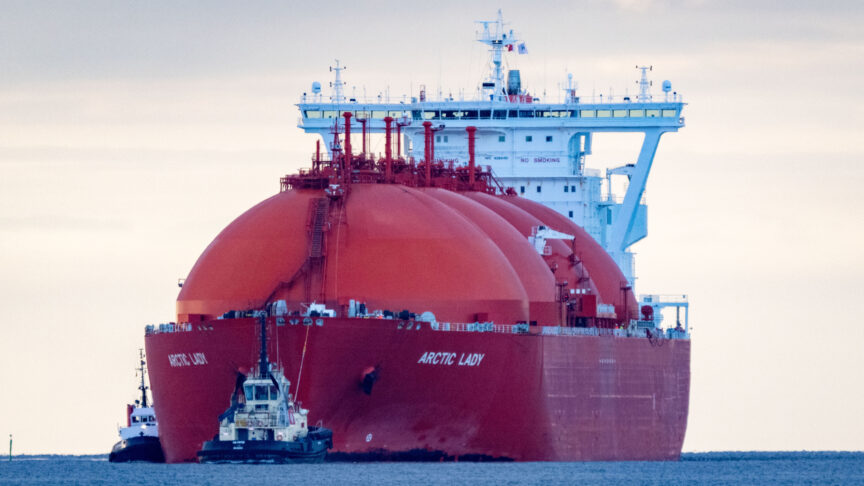Welcome to the ‘Jungle’
Divisions over Calais' irregular migrant camp, “the Jungle” reflect divisions in Europe more widely
On a grey Sunday in November, a small group of extreme-right activists march through the Calais city centre. They shout “France for the French” as they hand out posters of Front National leader Marine le Pen. Their reason for protesting is the existence of a camp of irregular migrants nicknamed “the Jungle” near the shore of the English Channel. Not far away in “the Jungle”, after having passed through heavy police security at the entrance, a mix of French and British volunteers help 20 of the makeshift camp’s inhabitants to build wooden shelters.
These glorified garden sheds are unheated and receive no natural light, but with insulation and waterproof covers they beat the flimsy tents that most of the thousands of migrants have to live in. Vans arrive from a warehouse in another part of Calais, bringing warm clothes that have been selected by dozens of volunteers from a pile of donations so large that it has reached the ceiling.
There is nothing like a crisis to bring out extremes, and the divisions in Calais mirror those across much of Europe. The situation in Calais is a long-term one: the first informal camps in the city were started in 2002 when a Red Cross reception centre was shut down by the French government. They grew over time into a de facto shantytown with restaurants, a school and a bike shop, despite having had to move multiple times.
Throughout this decade, there has been an ongoing dispute between the British and French governments, who blame each other for the problems around the Channel tunnel. French authorities are monitoring the camp, but are hesitant to provide the kind of assistance that would turn the camp into a more permanent settlement. Earlier this month and after being sued by several NGOs, the French authorities were ordered by a court in Lille to improve sanitary conditions and provide social care for unaccompanied minors. In January, the government will provide better shelters for some of the inhabitants. Women and children in the camp be prioritised for decent accommodation, but the young men who make up the overwhelming majority in the camp largely have to make do with tents and makeshift shelters. Many have given up on their wish to go to the UK, and have resolved to stay in the camp while their asylum requests are being processed in France. During the day the camp is relatively calm, but stability is fragile: violent unrest and fights with the police keep flaring up, especially as police is trying to move people to different parts of France. Fires break out regularly: on 13 November, the night of the Paris terror attacks an accidental fire destroyed around 40 tents and shelters.
With elections for the region Nord-pas-de-Calais-Picardy (in which the Jungle is located) approaching in December, the camp is also a hot domestic issue in France. Marine le Pen will be running as leader of the Front National, and possibly heading for a historic win for her party in what was traditionally socialist territory. She has called the situation in Calais “a veritable nightmare”, and has evoked scaremongering imagery of a “gigantic migratory wave” about to submerge France. One of her main opponents, Xavier Bertrand, who is running for Les Républicains, has urged the British to change their attitude, reform their labour laws, and stop employing undocumented workers.
Apart from acting as fodder in electoral debates, it is clear from discussions around Europe that for governments, the struggle on migration falls between long-term and short-term policy. Welcome refugees and a larger group could start moving in your direction, likely with impact on living standards for existing citizens at a local level. Significant parts of Europe’s electorate prefer to err on the side of caution, and send out the message that their country is “full up”, in the vain hope that the current migratory pressure on Europe will lessen. In Calais, this is the exact policy that is employed. With the help of the British government, five-metre high razor-wired fences have been constructed around the Channel Tunnel this summer, making it increasingly difficult to reach Dover. Around 20 people have died so far this year in attempts to leave France, hit by trains, crushed by heavy goods in the back of lorries, or drowned trying to get onto ferries. To deter people further, the French police is attempting to implement a policy of constant harassment: chasing migrants away from hiding places and arresting them only to release them days later, so that the cycle can play out again. All the while new arrivals keep coming to Calais, hoping to join their family in the United Kingdom and find a job in the country that is less than a two hour drive away.
Volunteers are driving to and fro between Calais and the other side of the channel to counteract this policy of deterrence. “We are not talking about politics here, we are giving emergency aid”, one of the organisers told me. “The aim is to help people to survive and to tend to their basic needs. When that is done there will be time to look at what's next.” Whereas local French organisations were always active, volunteer action from Britain has grown in the past year, especially when more news reports of the situation started to appear this year. Volunteers bring clothes, caravans, and manpower. Donations for wellington boots, tents, and English learning aids come in via Amazon wish lists. After the last big fire in the camp, a GoFundMe appeal was set up for the camp to have its own fire truck.
A buzzword in the volunteer vocabulary is “dignity”. Distributions of donations are to be made in an organised way to prevent scavenging. Volunteers scoff at some of the second hand clothes that come in. “If you wouldn't wear it yourself, don't give it to the refugees!” is constantly repeated in the warehouse. For the long-term cultural clashes feared by the right-wing, there are practical short-term solutions to be found in the Jungle. Some of the camp’s inhabitants ask visiting women not to come in wearing tight jeans; they cover them up with waterproofs that help keep out the mud. Other newcomers are not used to women taking the lead: volunteer teams try to mix up men and women.
As the weather worsens, and opinions in Europe harden after the Paris attacks, the situation in the Jungle is unlikely to improve any time soon. French volunteers don't advertise their actions because they are afraid of repercussions in their neighbourhood; volunteers coming to the warehouse are asked not to share pictures of the front on social media. Just like volunteers in countless other places in Europe, they keep working to protect human dignity in the short term. However, the Jungle’s continued existence, as with other refugee hotspots around Europe, is testament to the fact that volunteerism can only ever act as a stop-gap solution. What is really needed is political will for holistic and long-term engagement with the causes of the refugee inflows and to manage arrivals collectively. The struggle in the streets of Calais serves as a constant reminder that if the EU is divided in their response to the current challenges they face, they may be defeated by them.
The European Council on Foreign Relations does not take collective positions. ECFR publications only represent the views of their individual authors.


